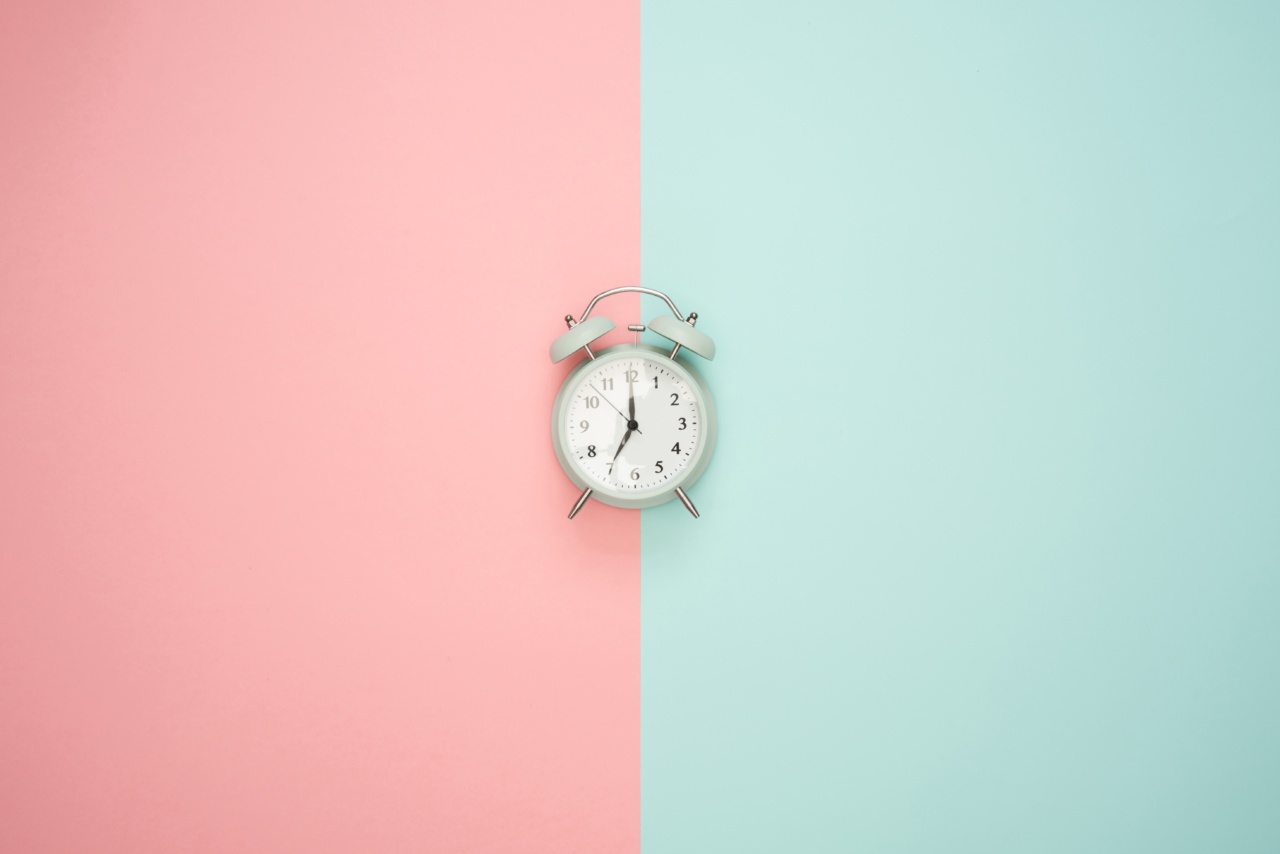Sexual intimacy is an essential aspect of a healthy relationship, but the duration of sexual encounters can vary greatly from couple to couple. While some prefer quick, passionate encounters, others enjoy extended sessions of love-making.
So, how much time is ideal for sex? Let’s delve into the details and explore this intriguing topic.
The Importance of Quality over Quantity
When it comes to sexual encounters, it’s crucial to prioritize quality over quantity. The duration of sex doesn’t solely determine its satisfaction or enjoyment.
Factors such as emotional connection, physical intimacy, and communication play vital roles in creating a fulfilling sexual experience. Focusing on these aspects is far more important than fixating on the clock.
Understanding Sexual Response Cycle
Every individual’s sexual response cycle differs, and it’s essential to understand this concept while addressing the ideal duration for sex. The sexual response cycle consists of four phases: excitement, plateau, orgasm, and resolution.
In the excitement phase, arousal begins and builds up gradually. This phase may last for a few minutes or even hours. The plateau phase is characterized by an elevated level of arousal just before reaching orgasm.
The duration of this phase can be short or long, depending on various factors such as stimulation, anticipation, and overall sexual health.
Orgasm, the third phase, is the peak of sexual pleasure and release of tension. It generally lasts a few seconds, though the intensity and duration may vary.
Finally, in the resolution phase, the body returns to its pre-arousal state, and feelings of relaxation and contentment prevail.
Individual Preferences
Individual preferences regarding the duration of sex can differ significantly due to various factors, including personal experiences, cultural backgrounds, and emotional connection with their partners.
Some individuals may find shorter sexual encounters more enjoyable, while others may seek longer sessions to explore intimacy. Ultimately, open communication and understanding between partners are essential to ensure satisfaction and meet each other’s expectations.
Factors Influencing Duration
Several factors can influence the duration of sexual encounters. It’s important to remember that these factors are subjective and may vary from person to person:.
1. Physical Stamina
Physical stamina plays a vital role in determining the length of sexual encounters. Individuals with higher stamina levels may prefer longer sessions, while those with lower stamina may find shorter encounters more comfortable and fulfilling.
2. Emotional Connection
The strength of emotional connection between partners can greatly influence the preferred duration of sex.
Some individuals may prioritize emotional intimacy, which can lead to longer love-making sessions, while others may focus more on physical pleasure and opt for shorter encounters.
3. Sexual Experience
Sexual experience and knowledge of one’s body can impact the duration of sex.
Experienced individuals may have a better understanding of their preferences and be more comfortable experimenting with different approaches, potentially leading to longer sessions.
4. Foreplay and Stimulation
The duration of foreplay and stimulation can influence the overall length of sexual encounters. Adequate time spent on foreplay can enhance pleasure and lead to longer-lasting sessions.
5. Sexual Health
Physical factors, such as overall sexual health and hormonal balance, can impact the duration of sex. Conditions such as erectile dysfunction or premature ejaculation may influence the time it takes to reach orgasm.
6. Sexual Techniques
The sexual techniques employed by couples can also determine the duration of sex. Some techniques may naturally lead to shorter encounters, while others may extend the duration.
7. Sexual Goals
The goals of sexual encounters can greatly influence the duration. Whether the focus is on mutual satisfaction, exploration, or simply a quick release can determine the preferred length of the encounter.
8. Timing and External Factors
External factors, such as time constraints, fatigue, stress, and other commitments, may impact the duration of sexual encounters. These factors can vary from day to day, leading to fluctuations in the ideal duration for sex.
Communicating and Meeting the Partner’s Needs
The key to a satisfying sexual relationship lies in open communication and understanding between partners. Discussing individual preferences, needs, and expectations can ensure that both individuals feel heard and respected.
This communication enables couples to find a balance and meet each other’s needs, regardless of the duration of sex.
Focus on Mutual Satisfaction
Instead of fixating on a specific duration for sex, focusing on mutual satisfaction can lead to a more fulfilling sexual experience.
By prioritizing the pleasure, emotional connection, and intimacy shared during sex, couples can create a positive and satisfying encounter, irrespective of its length.
Conclusion
The ideal duration for sex varies greatly from couple to couple and depends on a range of factors, including personal preferences, physical stamina, emotional connection, and sexual health.
Prioritizing communication, understanding, and mutual satisfaction are crucial to ensuring a satisfying sexual relationship. Remember, it’s not about the time on the clock; it’s about the quality of the connection shared.































